Climate
-
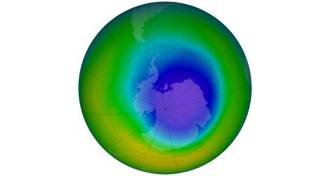 Earth
EarthYear in review: Ozone hole officially on the mend
Research this year confirms that the Antarctic ozone hole is healing — an international success attributed to cooperation and new technologies.
-
 Ecosystems
EcosystemsOyster deaths linked to ‘atmospheric rivers’
Atmospheric rivers bring strong storms that could have been behind a 2011 California oyster die-off.
-
 Climate
ClimateGlacier melting’s link to climate change confirmed
The decades-long melting of glaciers is categorical evidence of climate change, a new study affirms.
-
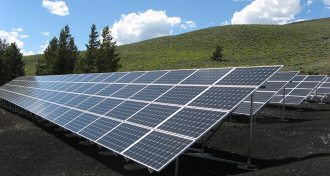 Climate
ClimateSolar panels are poised to be truly green
Solar panels are about to break even on their energy usage and greenhouse gas emissions.
-
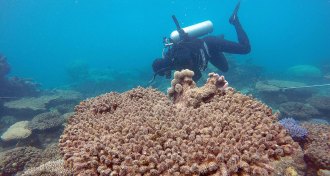 Oceans
OceansCoral die-off in Great Barrier Reef reaches record levels
Bleaching has killed more than two-thirds of corals in some parts of the Great Barrier Reef, scientists have confirmed.
-
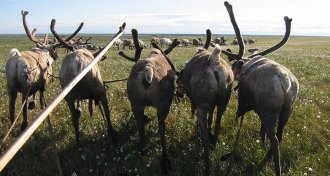 Animals
AnimalsSkimpy sea ice linked to reindeer starvation on land
Unseasonably scant sea ice may feed rain storms inland that lead to ice catastrophes that kill Yamal reindeer and threaten herders’ way of life.
By Susan Milius -
 Climate
ClimateSkimpy sea ice linked to reindeer starvation on land
Unseasonably scant sea ice may feed rain storms inland that lead to ice catastrophes that kill Yamal reindeer and threaten herders’ way of life.
By Susan Milius -
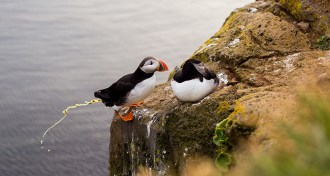 Climate
ClimateThere’s something cool about Arctic bird poop
Ammonia from seabird poop helps brighten clouds in the Arctic, slightly cooling the region’s climate.
-
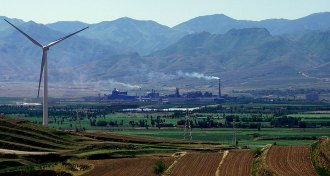 Climate
ClimateCO2 emissions stay steady for third consecutive year
Global emissions of carbon dioxide from human activities will probably see almost no increase in 2016 despite economic growth.
-
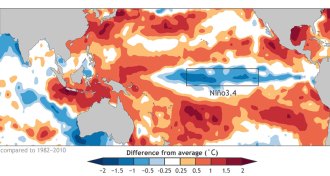 Climate
ClimateSay hola to La Niña
La Niña, El Niño’s meteorological sister, has officially taken over and could alter weather patterns throughout the world this winter.
-
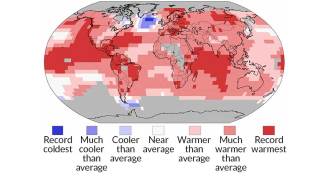 Climate
ClimateIf you thought 2015 was hot, just wait
The record-setting global temperatures seen in 2015 could be the “new normal” as soon as the 2020s.
-
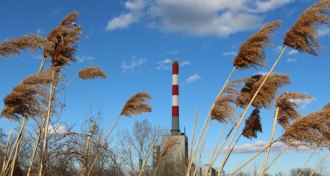 Climate
ClimateCO2-loving plants can counter human emissions
Plants temporarily halted the acceleration of rising carbon dioxide levels in the atmosphere, new research suggests.